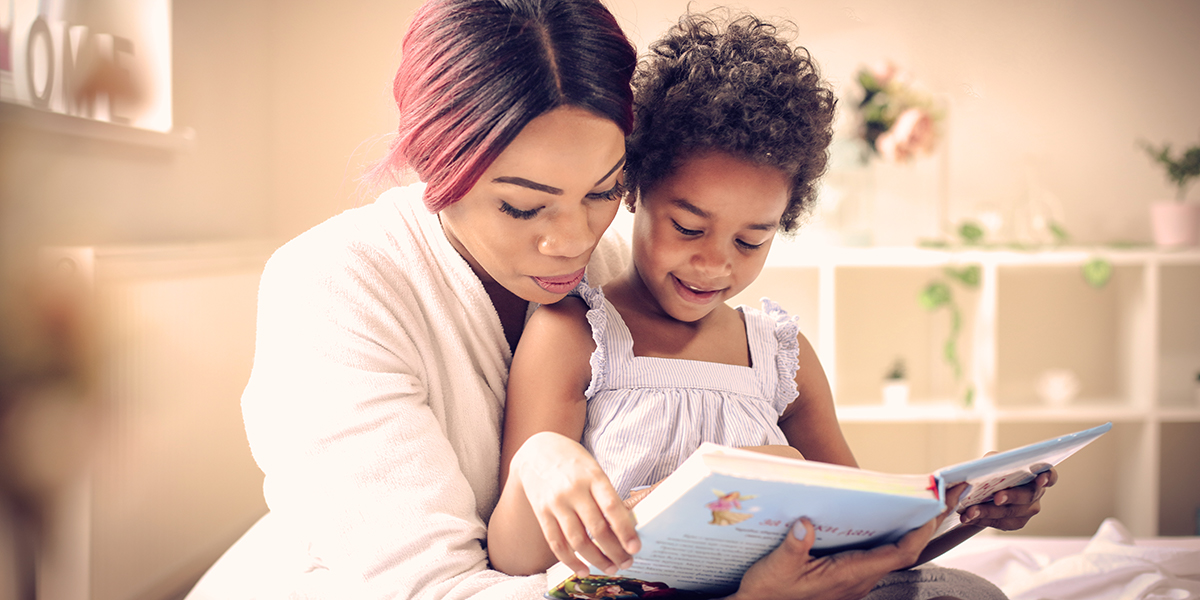Critical thinking is an essential skill in today’s world, but it’s not always easy to teach. These strategies can help.
Lenten Campaign 2025
This content is free of charge, as are all our articles.
Support us with a donation that is tax-deductible and enable us to continue to reach millions of readers.
Critical thinking is knowing how to assess and discern the information we receive. We make our decisions based on that information and on our evaluation of it, so we need to know how to think clearly.
This skill is essential in today’s world, as we are flooded with information from so many sources. The Holy Father himself has spoken of the importance of this skill:
We are living in an information-driven society which bombards us indiscriminately with data—all treated as being of equal importance—and which leads to remarkable superficiality in the area of moral discernment. In response, we need to provide an education which teaches critical thinking and encourages the development of mature moral values. (Pope Francis, Evangelii Gaudium)
As important as critical thinking is, it seems increasingly rare and hard to find.
For parents and educators, teaching children to think well is not easy. But the ongoing growth of relativism in society today makes it a very necessary task.

Promoting critical thinking in children allows them to enjoy greater freedom and ability to reason, to judge arguments, to acquire new knowledge and to be able to solve problems successfully. So how can we teach children to think critically?
We’re all born with the basic ability to think. Critical thinking, however, is a higher order of thinking, which must be practiced and learned. Dr. Robert Swartz, creator of the Thinking Based Learning (TBL) method, says that “while everyone thinks, not everyone thinks as carefully and as well as they could.”
Thinking skills
Robert Swartz argues that many of us engage in superficial, hasty, narrow-minded, unclear, and disorganized thinking. Therefore it’s vital to teach children thinking skills. We need to think critically especially when we make decisions, solve problems, predict, relate, compare, and contrast.
In order to train children in the art of thinking clearly, conscious practice is necessary. When they are at an early age, we can begin by inviting them to observe and interpret the world around them. They can ask themselves, “What do I see? What do I think about it?” This will lay the foundation for advanced thinking when they are older.
When we think, we form ideas in our heads that we automatically analyze in order to assess a certain situation. Therefore, critical thinking is a very useful skill in the world of learning too, and can help our children succeed academically.
Activities to teach children to think
Here are some activities that will help young children master critical thinking:
- Reading stories with them and talking about the story: Reading is a proven way to improve children’s concentration. Discussing what you’ve read, meanwhile, promotes reading comprehension and helps them reflect on the story that they’ve just heard or read. In addition, stories with a moral offer a “hidden teaching” that children will have to interpret.
- Deciphering puzzles and riddles: Who knew doing a simple puzzle teaches analytical reasoning?
- Solving clue games or escape rooms: These activities are lots of fun, and they’re great for promoting thinking and logic, with the chance to make contributions to the group’s efforts.
- Deciphering riddles and logical sequences: These provide a symbolic path of analysis that will lead to a satisfactory resolution.

All of these activities teach children cognitive abilities and thinking skills. They naturally provoke children to start asking questions, seeking the reasons for things, and putting their own arguments to the test. And these activities encourage children to ask questions that help them intuit possible consequences of actions.
Teaching children to ask good questions in a new situation is a beautifully effective way of showing them the need to think critically. They’ll start to realize that this is an essential ability in today’s society.
As they practice this skill, children and young people will realize for themselves the benefits of thinking critically. This skill makes them more free, helps them make good decisions, reinforces their personality, and helps them build a healthy self-esteem and not be fooled by others.
Knowing how to think critically will prove useful in so many situations. They’ll use this skill for organizing their lives, recognizing their own mistakes, and taking a “big picture” view of any situation.
It’s clear to everyone that we’re living in a time of great change, and it can be difficult to orient ourselves in the current cultural context. The more challenges we face, the more the way we approach life becomes clear—and the more apparent is the need to act based on critical thinking.

Read more:
Is slow-thinking the key to successful learning?

Read more:
Focus on these 3 things to help your children know their worth

